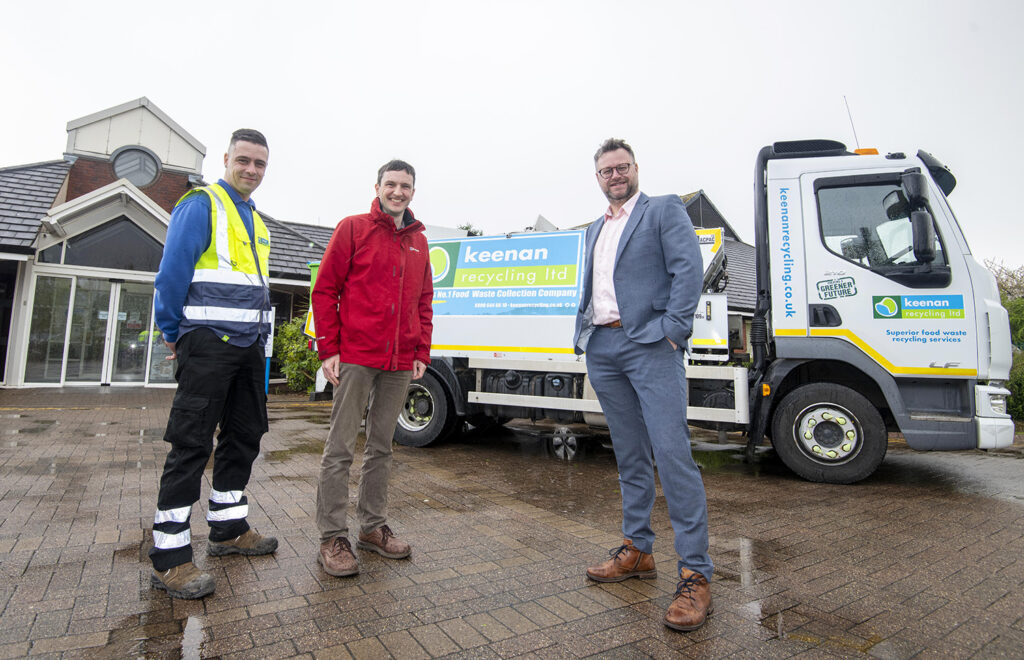The trials follow the release of two literature reviews summarising the results of existing research on pathogens in compost made from both green waste and animal by-products.
The two reports, A review of the literature on the occurrence and survival of pathogens of animals and humans in green compost and A review of the literature on the eradication of plant pathogens and nematodes during composting, disease suppressions and detection of plant pathogens in compost, looked at over 280 existing reports.
Anne O'B;rien of WRAP revealed that the literature review indicated areas in which more research needed to be done. The testing stage of the project will focus on 15 selected pathogens which are important for the horticultural and agricultural industries, but where existing data was lacking.
“We have identified which pathogens we should be focusing on and identified gaps we have duty not as strong as we might need it to be. That's enabled us to lay down what kind of additional work needs to be done,” she said.
WRAP hopes the work, when completed in July 2004, will prove once and for all that composting is a safe process. Mrs O'B;rien said: “In most cases the composting process produces a product that's free from all pathogens. But we need to do more work to eradicate concern in all areas.”
Controversy blew up over the safety of composting animal by-products in April 2003, when composters accused the House of Lords of inserting a “nonsense” clause into the Waste and Emissions Trading Bill.
The clause said that such compost must be heated to 98 degree for two hours to kill dangerous pathogens – but experts pointed out that many useful organisms would also be killed at this temperature. The clause was subsequently removed by the House of Commons before the bill became law earlier this month (11/03).
WRAP's composting research is being led by the Horticulture Research International in partnership with the Institute of Animal Health. Although it will focus mainly on plant pathogens at this stage, Mrs O'B;rien said in the future it would also look at animal and human pathogens.
To see the literature reviews in full, visit the WRAP website.










Subscribe for free